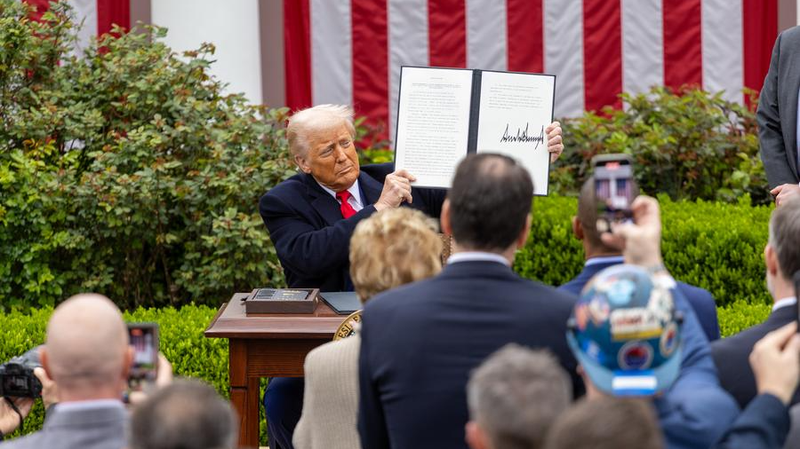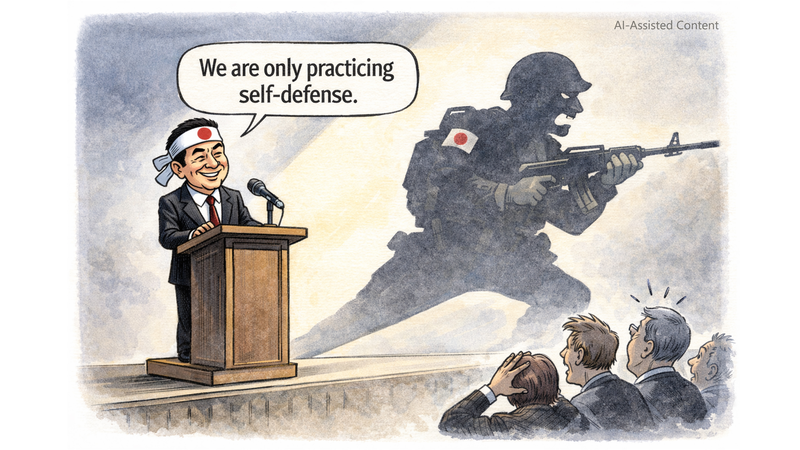Trade Shocks and the Rise of “War Capitalism”
In the first quarter, the US economy contracted by 0.3%—the latest U.S. Department of Commerce data points to a growing risk of recession. At the heart of this downturn is a strategic shift dubbed “war capitalism,” marked by aggressive tariffs and protectionist policies.
How Tariffs Trigger Domino Effects
“War capitalism” deploys steep customs duties on imports to achieve four goals: shrink the trade deficit, reindustrialize the domestic market, create American jobs, and fund tax cuts. For example, a 20% tariff on a $100 imported good raises its price to $120. This price hike can push brands to relocate production, prompt consumers to buy local, and boost federal revenues.
Ripple Effects and Rising Risks
But the flip side is tangible: households face eroded purchasing power as everyday goods become pricier. Businesses grapple with higher production costs, fueling inflationary pressure. And when trade partners retaliate, markets can spiral into a cycle of stagnation—raising alarm bells at international institutions and on Wall Street.
Echoes of the 1930s
The specter of 1930s protectionism looms large. Back then, tit-for-tat tariffs deepened the Great Depression and set the stage for global conflict. Today’s interconnected supply chains only heighten the stakes of a similar downward spiral.
Geopolitical Shifts Ahead
Beyond economics, this confrontational approach strains alliances. As tariffs bite, traditional partners may seek new alignments, reshaping security and diplomatic ties in unpredictable ways.
What’s Next for a Connected World?
Entrepreneurs and tech innovators could find new niches or face fresh hurdles as supply chains adapt. Thought leaders will monitor implications for sustainability and human rights. And travelers might notice steeper prices on electronics and local goods.
In a hyperconnected era, the ripple effects of “war capitalism” won’t stop at borders. Will this bold experiment revive domestic industry, or steer us toward a recessionary quagmire? Join the conversation and share your perspective on the future of global trade.
Reference(s):
The Trump administration's 'war capitalism' and looming crises
cgtn.com




